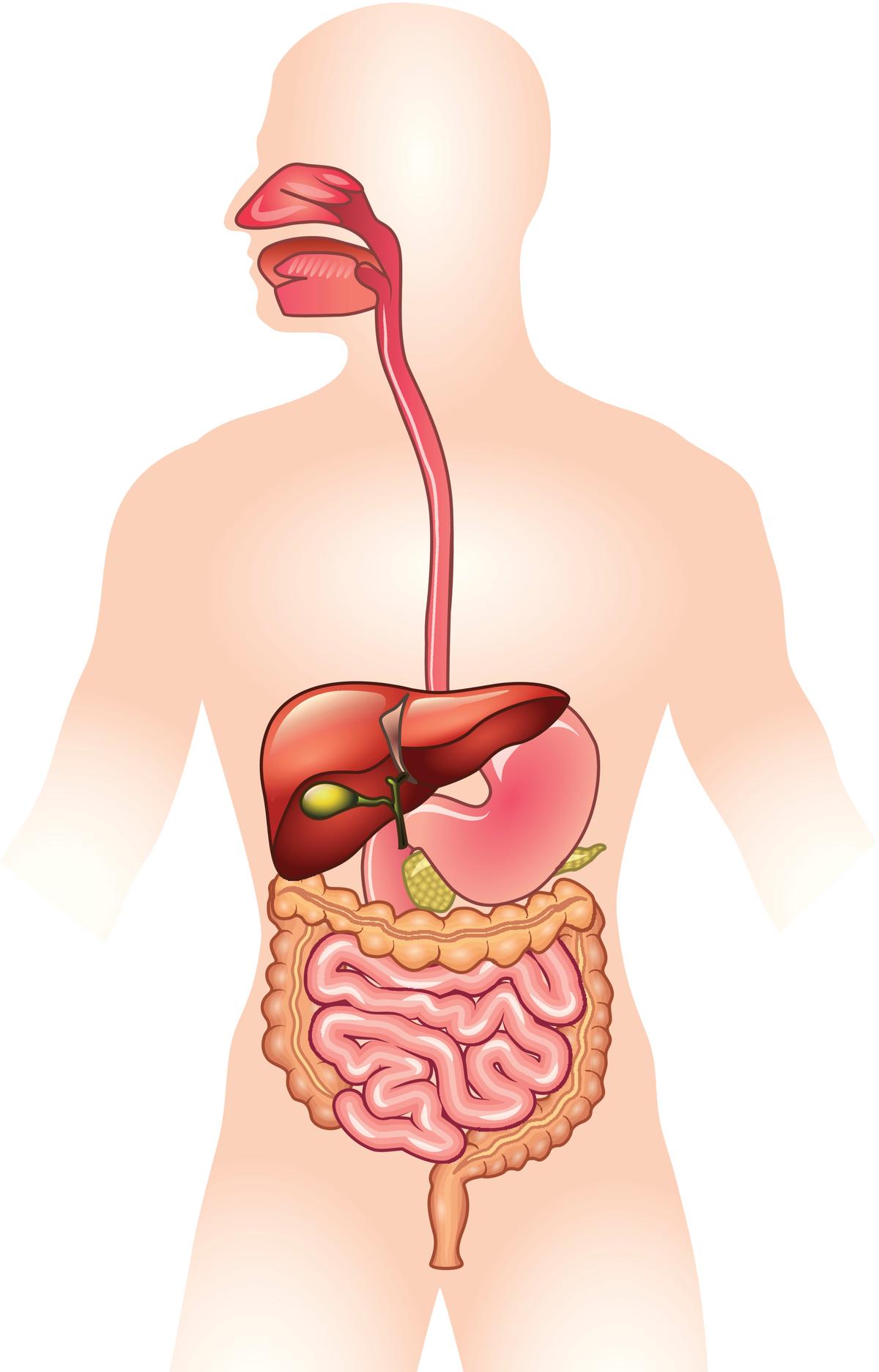The 1980s song “I Will Survive” is still a hit today because it tells the story about growing strong, remembering our innate power, and finding independence when we feel weak and out of control.
Blood sugar affects your mood, weight, mechanisms of hunger, and hormone balance. When it’s out of whack for too long, it can lead to chronic disease states like diabetes, hypertension, candida, and persistent internal inflammation.
There are a host of possible causes for bogus blood-sugar metabolism, such as:
• Excess or deficient release of the hormone insulin
• Impaired cell receptivity
• Underactive or overactive adrenal glands
• Compromised liver health
• Too much sugar, refined carbohydrates, or high-glycemic foods in the diet
• Thyroid issues
• Excess stress
And more! Before we move to those FAQ, the ones I hear most often that may be yours too, let’s do a quick review of your food, digestion, and absorption.
Blood-Sugar Synopsis
Let’s look at the “Cliffs Notes” of your blood-sugar regulation.
Your digestive system includes your mouth, salivary glands, esophagus, stomach, small and large intestines, pancreas, liver, and gallbladder. Imagine that each one of those organs is involved when you bite into your morning bagel and cream cheese (or green smoothie or steel-cut oats or what have you).
It’s the chemical make-up of the food, along with the health of your digestive organs, that determines how long your food lingers in each organ or phase of digestion.
For instance, carbohydrates remain in the stomach for just a few hours, proteins stick around longer, and foods containing fats will be the last to leave the stomach. (By the way, the more damaging types of fats will sit around the longest, well overstaying their welcome.)
Carbohydrates are the foods that break down to simple sugars. These are the ones that move into your bloodstream and raise your blood sugar—a necessary and natural act of human metabolism if managed and kept in check. Here’s what happens when you eat a muffin:
(andegro4ka/thinkstockphotos.com)
- 1. Salivary glands release enzymes as you chew. [mouth]
- 2. The enzymes break down the carbohydrates into smaller molecular bits that move down the esophagus and into the stomach. [throat]
- 3. The stomach releases gastric juices to further digest the muffin molecules. [stomach]
- 4. Digestive juices are secreted by the pancreas and gallbladder to continue the breakdown of the carbohydrate molecules in the small intestine. [left side of stomach area, (upper abdomen)
- 5. The muffin molecules are now small and simple enough to be absorbed through the intestinal wall and into the bloodstream where they become blood sugar. [lower abdomen]
The muffin has been mechanically and chemically broken down to glucose. The journey continues, through the liver, where some is stored and some is released to be taken up by the cells for food and fuel.
So why do we care?
Blood Sugar FAQ
Q: What is hypoglycemia?
A: Hypoglycemia is low blood sugar. This is the state when the levels of sugar in the blood fall below what the body needs to function normally. Hypoglycemia can lead to dizziness, moodiness, and fatigue, but also to extreme sugar cravings. The body wants sugar just to come back to “normal” as quickly as possible.
Q: Does the average American really consume over 150 pounds of sugar a year?
A: Yes, it’s true! Two hundred years ago, Americans ate about 2 pounds of sugar a year. Now that number is about 3 pounds (or six cups) a week. But hold on, you’re not off the hook yet.
Many of us think that we don’t eat sugar because we don’t eat sweets like candy, cake, or ice cream. But sugar is hidden in many unexpected places, and even if you don’t eat packaged foods and eat a low-glycemic diet, you still may have problems with blood sugar.
It all starts with what you eat, but ultimately it’s about what your body can do with what you eat. If your body’s ability to manage blood sugar is impaired, then it’s your blood sugar you want to look at, not just your “yum sugar.”
Q: Don’t we need glucose?
A: You bet we do. Glucose supplies your cells with food and energy. You can still get glucose from complex carbohydrates such as beans, grains, vegetables and low-glycemic fruits like berries and apples.
Q: If I have blood-sugar issues, do I have a disease?
A: No, not necessarily. Low blood sugar is a condition suggesting that the body’s chemistry is out of balance. That said, prolonged mismanagement of blood sugar can lead to increased risk for chronic disease states such as diabetes, hypertension, cancer, and candida (yeast overgrowth).
Q: Does blood sugar affect my mood?
A: Indeed it does. The cells in your brain need glucose to function, just as the rest of your body does. Yet all parts of the body—except the brain—can use stored forms of glucose as well as fat for energy.
When the glucose in your bloodstream is swinging high and low, the nervous system (brain) will be affected, leading to nervousness, irritability, anxiety, and headaches, not to mention extreme cravings.
With a career born of a personal family health crisis, functional nutritionist Andrea Nakayama takes the idea of food as personalized medicine beyond a clinical practice. Her online programs at ReplenishPDX.com and HolisticNutritionLab.com guide her clients in taking ownership over their health. [email protected].





